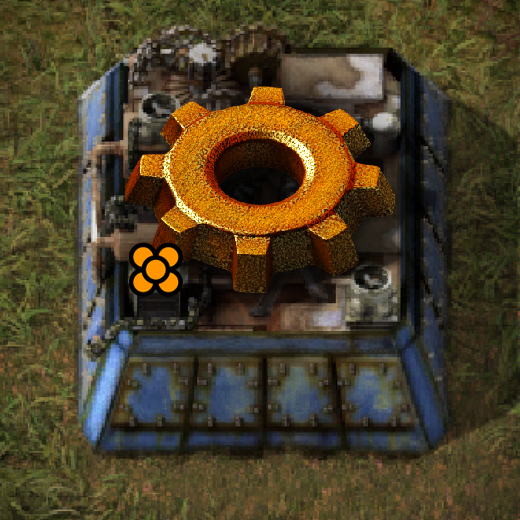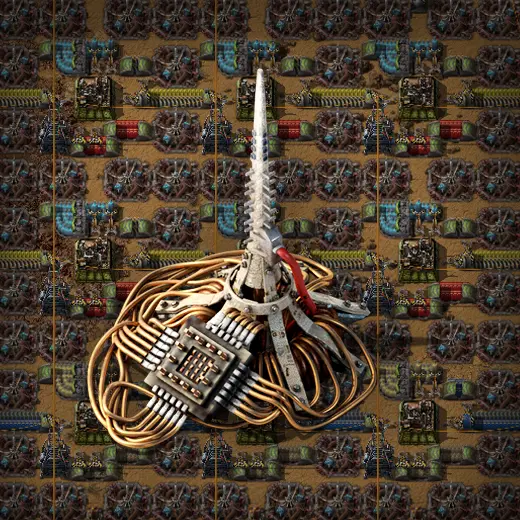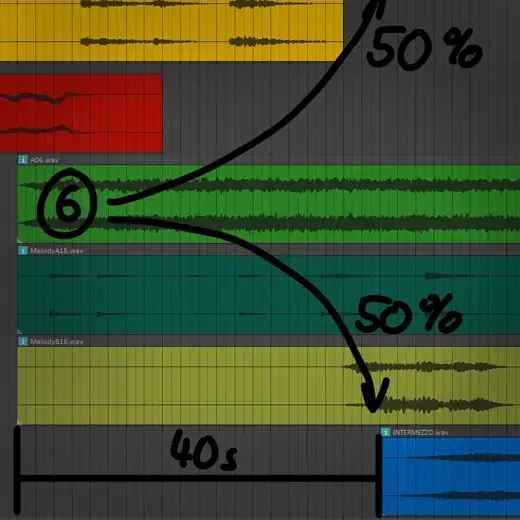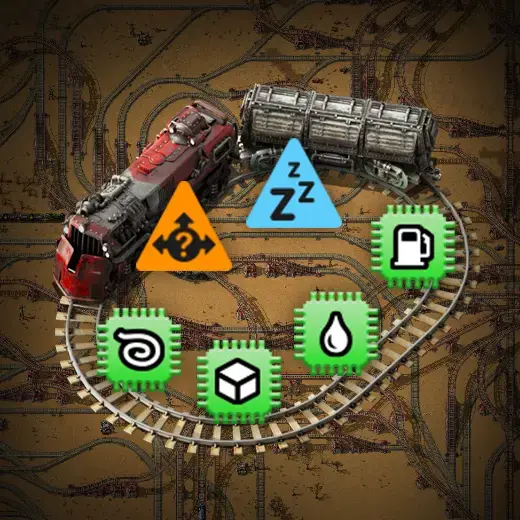Ananace
Just another Swedish programming sysadmin person.
Coffee is always the answer.
And beware my spaghet.
- 30 Posts
- 65 Comments

 35·2 months ago
35·2 months agoIf you’re going to post release notes for random selfhostable projects on GitHub, could you at least add the GitHub About text for the project - or the synopsis from the readme - into the post.
I’ve been looking at the rewrite of Owncloud, but unfortunately I really do need either SMB or SFTP for one of the most critical storage mounts in my setup.
I don’t particularly feel like giving Owncloud a win either, they’ve not been behaving in a particularly friendly manner for the community, and their track record with open core isn’t particularly good, so I really don’t want to end up with a decent product that then steadily mutilates itself to try and squeeze money out of me.The Owncloud team actually had a stand at FOSDEM a couple of years back, right across from the Nextcloud team, and they really didn’t give me much confidence in the project after chatting with them. I’ve since heard that they’re apparently not going to be allowed to return again either, due to how poorly they handled it.
I’ve been hoping to find a non-PHP alternative to Nextcloud for a while, but unfortunately I’ve yet to find one which supports my base requirements for the file storage.
Due to some quirks with my setup, my backing storage consists of a mix of local folders, S3 buckets, SMB/SFTP mounts (with user credential login), and even an external WebDav server.
Nextcloud does manage such a thing phenomenally, while all the alternatives I’ve tested (including a Radicale backed by rclone mounts) tend to fall completely to pieces as soon as more than one storage backend ends up getting involved, especially when some of said backends need to be accessed with user-specific credentials.
Well, things like the fact that snap is supposed to be a distro-agnostic packaging method despite being only truly supported on Ubuntu is annoying. The fact that its locked to the Canonical store is annoying. The fact that it requires a system daemon to function is annoying.
My main gripes with it stem from my job though, since at the university where I work snap has been an absolute travesty;
It overflows the mount table on multi-user systems.
It slows down startup a ridiculous amount even if barely any snaps are installed.
It can’t run user applications if your home drive is mounted over NFS with safe mount options.
It has no way to disable automatic updates during change critical times - like exams.There’s plenty more issues we’ve had with it, but those are the main ones that keep causing us issues.
Notably Flatpak doesn’t have any of the listed issues, and it also supports both shared installations as well as internal repos, where we can put licensed or bulky software for courses - something which snap can’t support due to the centralized store design.
I’m currently sitting with an Aura 15 Gen 2, and I’m definitely happy with it.
I do wish they’d get their firmware onto LVFS, but that’s about my main complaint.
Been using the KeyDB fork for ages anyway, mainly because it supports running in a multi-master / active-active setup, so it scales and clusters without the ridiculousness that is HA Redis.
I think the only project I’ve seen so far where I’ve felt that a blockchain has actually been the correct choice is Alfis, which is a decentralized DNS that uses the blockchain as the public append-only ledger that it is, and it uses proof-of-work to add arbitrary costs to updates - to make spamming or namesquatting expensive.
If you build a linked list in C, and put the pointer to the next entry as the first element in your struct, then you only need a single variable (and two comparisons) to do sorted insertion into the list.
Steve Rogers might have America’s Ass, but Mothman has the Buns of Steel.
People really have no love for JPEG-XL - though to be fair that’s mainly Google’s fault at the moment.
Haven’t really used any proper JMAP clients - since the setup is broken anyway, so mainly just curl.
You could also just run IMAP/JMAP/SMTP as separate components, I can’t see any place in the Stalwart documentation - or in the Docker image itself - where monolith is the only option.
I haven’t tested the setup myself yet, but me and another root are planning on testing a setup of Stalwart to replace a semi-broken IMAP/JMAP setup for a computer club, keeping the SMTP as is.

 1·6 months ago
1·6 months agoI personally use
~/.binfor my own symlinks, though I also use the user-specific installation instead of the system-wide one.
I wouldn’t guarantee that any automation handles~/.local/binor~/.bineither, that would depend entirely on the distribution. In my case I’ve added both to PATH manually.

 382·6 months ago
382·6 months agoFlatpak already creates executable wrappers for all applications as part of regular installs, though they’re by default named as the full package name.
For when inkscape has been installed into the system-wide Flatpak installation, you could simply symlink it like;
ln -s /var/lib/flatpak/exports/bin/org.inkscape.Inkscape /usr/local/bin/inkscapeFor the user-local installation, the exported runnable is in
~/.local/share/flatpak/exports/bininstead.
The official binhost project has been an experimental thing until now, I’ve personally been using it for the year on multiple machines, but it’s not been something that you can just enable. And it’s definitely not been something that’s come pre-prepared in the stage 3.
Reading the Dockerfile in their repo, it’s simply a clean debian:slim with four compiled rust binaries placed into it. There’s no services, no supervisord, nothing except the mail server binaries themselves.

 2·7 months ago
2·7 months agoI can already imagine so many fun ways this could be used.

 1·7 months ago
1·7 months ago“We interrupt your regular scheduling to bring you this additional bit of Factorio hype.”
Flatpak uses OSTree - a git-like system for storing and transferring binary data (commonly referred to as ‘blobs’), and that system works by addressing such blobs by hashes of their content, using Linux hardlinks (multiple inodes all referring to the same disk blocks) to refer to the same data everywhere it’s used.
So basically, whenever Flatpak tells OSTree to download something, it will only ever store only copy of that same object (.so-file, binary, font, etc), regardless of how many times it’s used by applications across the install.
Note that this only happens internally in the OSTree repo - i.e./var/lib/flatpakor~/.local/share/flatpak, so if you have multiple separate Flatpak installations on your system then they can’t automagically de-duplicate data between each other.



















Going to be really amazing to play Factorio again without knowing how to solve everything.